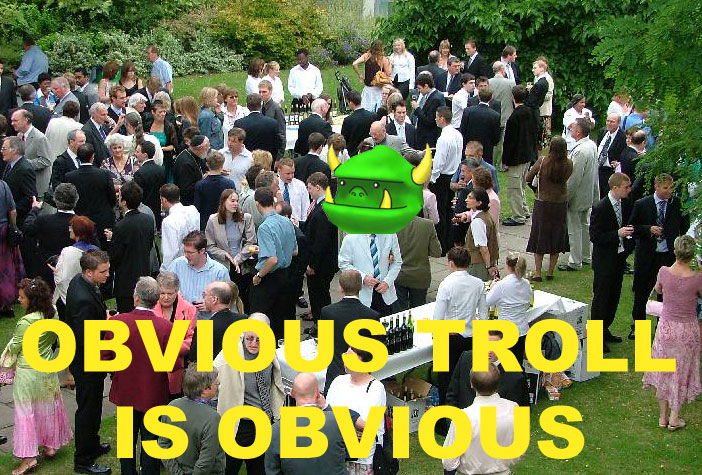Original post: Malachite
if one does not have a self, or an all encompassing self, which is the same as not having a self once one really examines the idea, then encompassing both the extreme limits of both "good" and "evil" would simply bring completeness.
jpenthol, working, as you have here, from the assumption that there is no self, what would there be to complete?
Surely the opposite of what you say here would make more sense, in that if you were working from an agreed reality standpoint, i.e. that there are seperate consciousnesses with physical bodies existing in a physical reality, then completeness of each self would involve encompassing both good and evil concepts (and everything in between). As you have suggested, the morality of each individual would then dictate which concepts were acted out and which were filtered for storage.
Further to this, if there is self there is subjectivity, and in this case good and evil would exist purely because we behold (or project) them....As with beauty, we could then say "Evil is in the eye of the beholder", or "Good is in the eye of the beholder".
Language is myriad and complex, rather than serving one particular end, it is interlaced with so many 'ends' that the beginning (the meaning) is simply a projection...and only then if you work from the assumption that there is a self; if you do not subscribe to the view that there is a self, there can be no good or evil.
 [/QUOTE]
[/QUOTE]



